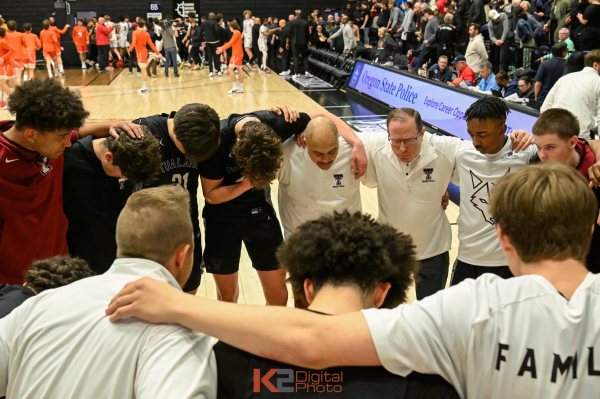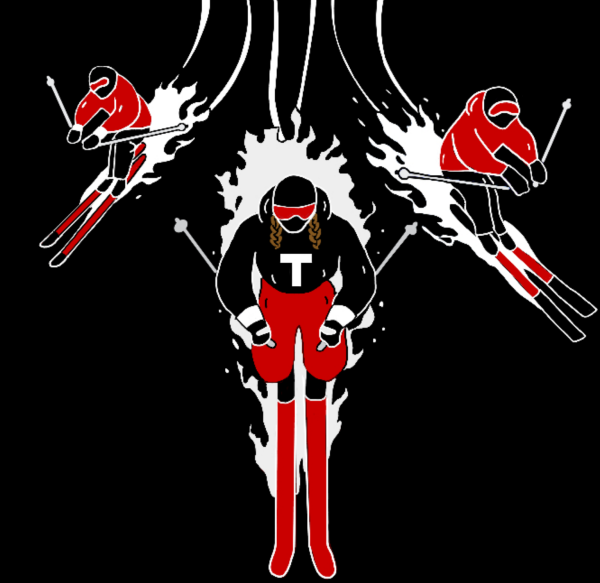Accusations complicate star’s legacy
February 12, 2020
With the sudden death of Kobe Bryant, the usual cascade of emotion has set in: disbelief, shock, sadness and, for some, anger. That last emotion might be surprising for some, as Bryant has been consistently depicted as a hero, basketball star, doting father to four girls and a women’s sports advocate. However, in the midst of his many accomplishments, Bryant was accused of something horrific.
In July of 2003, when Bryant was 24 years old, he was charged with the sexual assault of a 19-year-old woman. When questioned by police, Bryant initially denied having intercourse with the woman, but then later said they had consensual sex. The woman, who was an employee of the hotel where Bryant was staying, told police Bryant raped her. According to court documents, an examination of the woman at a hospital revealed she had “a small bruise on her left jaw line.” Examiners also found “blood excretions” on Bryant’s T-shirt “to about the waistline.” According to court documents the woman had other injuries that were consistent with sexual assault. A year after Bryant was charged — in August 2004 — the charges were dropped after the woman refused to testify. Bryant issued an apology to the woman that included this sentence: “After months of reviewing discovery, listening to her attorney, and even her testimony in person, I now understand how she feels that she did not consent to this encounter.” The woman filed a civil suit against Bryant and settled for an undisclosed amount of money.
Later in his life, with the accusation in the past, Bryant became an advocate for women in sports, striving for them to have just as much recognition as men. Bryant found a new love for basketball through his daughter, Gianna Bryant, by coaching her and watching her grow as a player. Many of the reports about his legacy in recent days have focused on his roles as a loving father and positive role model.
Critics say that it is wrong to brush over the accusation against Bryant, but many also concede it is wrong to concentrate solely on this action when reflecting on his life and death. The national conversation about Bryant’s legacy has inspired many to consider that it can be harmful to categorize a person as completely good or bad based on isolated choices.
“A lot of us have rough spaces in our life and maybe we make choices that are not choices we want to make according to our character but we really mess up, and how you handle and respond to that mess-up and who you choose to become as a result of those mistakes and how you respond to those, I think, are defining moments,” said UCLA women’s basketball coach Cori Close. “It doesn’t diminish the mistakes and the consequences that come from those mistakes, but I sure think it’s a part of his legacy of how he responded in the public light.”










